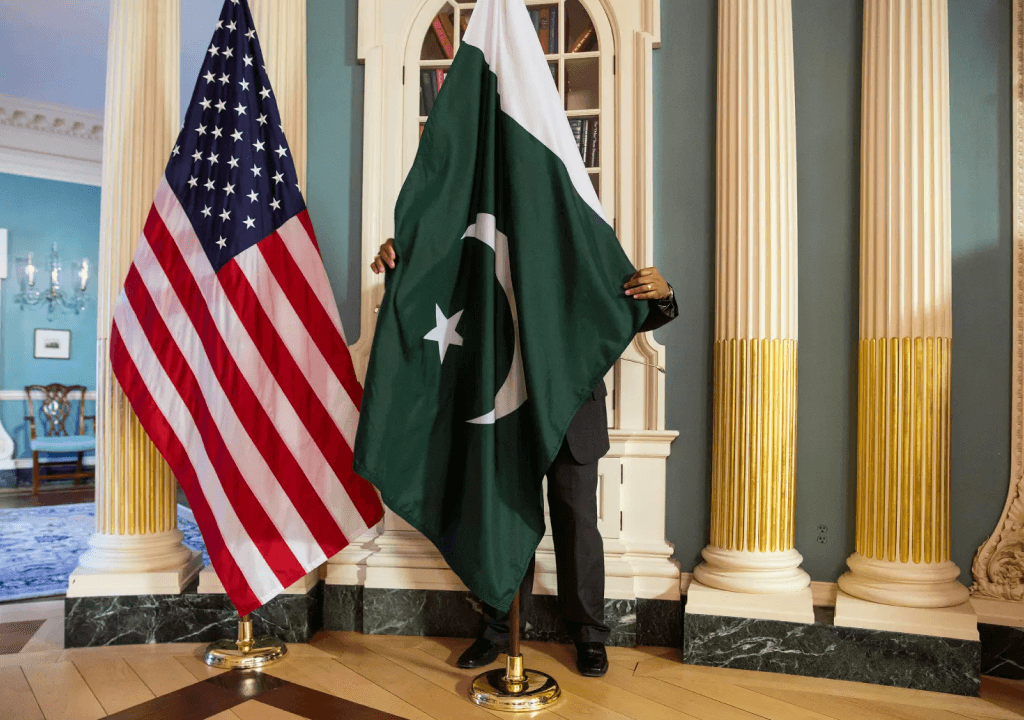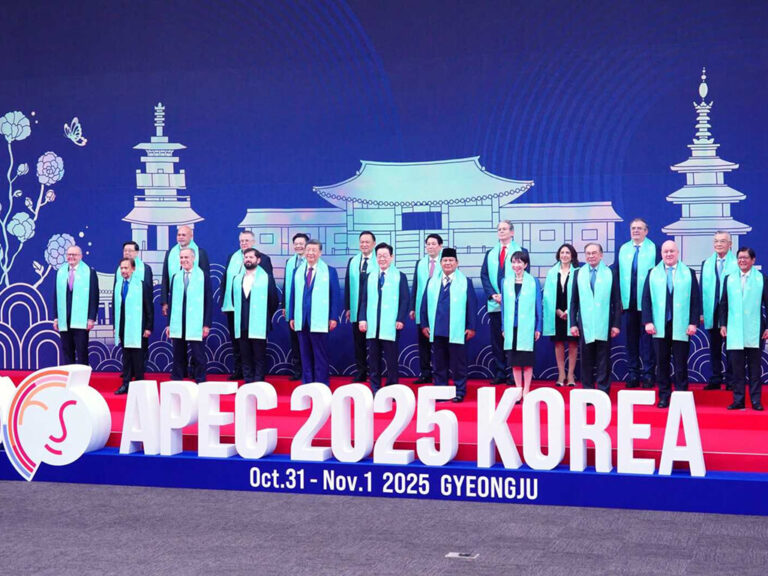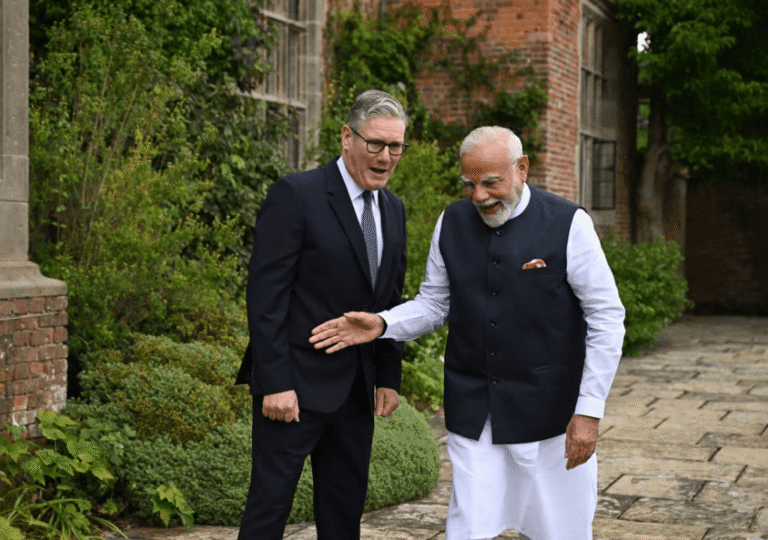Since its formation, Pakistan has enjoyed a close relationship with the United States. During the Cold War, it firmly sided with Washington, while India aligned itself with the Soviet Union. In recognition of this loyalty, the U.S. named Pakistan a major non-NATO ally and provided generous military and economic support. Pakistan, for its part, embraced the role of a staunch advocate for capitalism.
After the Cold War, global dynamics began to shift. As India’s economic influence expanded, the United States deepened its ties with New Delhi—an uncomfortable shift for Pakistan, given its long-standing rivalry with India. During Prime Minister Imran Khan’s tenure, U.S.-Pakistan relations sank to a historic low. In the meantime, China filled the vacuum, emerging as Pakistan’s closest ally through heavy investment and strategic backing. For many observers, it appeared the U.S. had effectively ceded Pakistan to Beijing.
But now, things are changing. Since Khan’s removal and imprisonment, Pakistan has begun reconnecting with the West. With tensions flared again between India and Pakistan, its relationship with Washington appears to be improving. This warming of ties suggests the U.S. may still have unfinished business in South Asia—and that Pakistan is once again being seen as a valuable strategic partner.
Trump flirts with Pakistan
Donald Trump has long been seen—especially by many Indians—as a close ally of Prime Minister Narendra Modi. But recent developments suggest that Trump is now directing his affection toward Pakistan. His growing fondness for General Asim Munir, Pakistan’s powerful military chief—hailed domestically as a national hero after claiming victory over India in the latest border flare-up—has not gone unnoticed.
Pakistan’s military leadership were granted extraordinary access in Washington. General Munir was hosted for a White House lunch and held closed-door meetings with top national security officials. The following day, Trump referred to Munir as “Extremely Influential” in helping to stop what he described as a brief but dangerous war. “I love Pakistan,” Trump declared, reinforcing the dramatic shift in tone.
Munir’s red-carpet welcome in Washington, along with high praise from U.S. Central Command, points to a possible strategic realignment. And Trump isn’t the only one showing enthusiasm. General Michael E. Kurilla, commander of CENTCOM, called Pakistan a “phenomenal” counterterrorism partner, citing its role in capturing the alleged Islamic State Khorasan planner behind the 2021 Abbey Gate bombing at Kabul airport—an attack that killed 13 U.S. troops and more than 170 Afghan civilians. It’s a notable turnaround from just a few years ago, when U.S. officials stood with India’s claim about Pakistan’s links to terror groups.
Munir’s five-day U.S. visit included high-level engagements at the Pentagon, the State Department, and CENTCOM headquarters in Florida—an exceptional level of access rarely extended to foreign military leaders, particularly those from Pakistan.
What does the U.S. need from Pakistan?
Just a few years ago, Donald Trump publicly accused Pakistan of being dishonest and deceitful, while Joe Biden referred to it as one of the most dangerous countries in the world. Today, however, Pakistan is once again gaining importance in U.S. strategic thinking. Positioned as a key geopolitical bridge between the Middle East and South Asia, Pakistan is the only Muslim-majority nation with nuclear weapons and shares a critical border with Iran.
This proximity to Iran gives Pakistan added value for the U.S. and its regional allies, including Israel and Saudi Arabia. Pakistani leadership is often seen as pragmatic and driven by self-interest rather than ideology, making it more adaptable to shifting alliances. In the event of a large-scale conflict with Iran, a cooperative Pakistan could prove vital to U.S. operations, especially around the Strait of Hormuz—an important maritime point that opens into the Arabian Sea near Pakistani territory. Control or influence in this area could offer the U.S. significant strategic leverage.
Pakistan also provides an essential overland connection to the sea for landlocked Central Asian countries. This region, once dominated by Russian influence, is now increasingly linked to China through the Belt and Road Initiative. If Pakistan were to align more closely with the U.S., it could open an alternative trade and transit route for Central Asia, offering the West a strategic foothold. During recent discussions with U.S. officials, some Central Asian nations expressed interest in expanding economic ties with the West but remained limited by their dependence on Russian and Chinese infrastructure.
In South Asia, Pakistan holds strategic value. Although India is seen as a rising U.S. partner, it maintains close ties with Russia and is often cautious in aligning fully with American priorities. This makes it risky for Washington to place all its bets on New Delhi. A stronger relationship with Pakistan could serve as a balancing force—something Islamabad appears more than willing to pursue.
In this changing geopolitical environment, a more pragmatic and transactional partnership between the U.S. and Pakistan seems not only likely, but necessary.
How will it impact regional politics?
If Pakistan reorients itself toward the United States, the geopolitical impact could be substantial—potentially straining U.S.-India relations and reviving Cold War–style alignments. South Asian politics, which have recently focused on India-China dynamics, may once again pivot to the India-Pakistan rivalry, restoring Pakistan’s traditional role in the regional balance. Such a shift could also prompt China to recalibrate its strategy and ease tensions with India.
At the same time, Pakistan’s ties with wealthy Arab states could deepen, offering an economic lifeline and enhancing its status in the broader Islamic world.
Still, skepticism remains. While the Pakistani military clearly favors stronger ties with the West, civilian politicians remain more cautious—though their influence is limited. Public trust in the U.S. is also mixed. Yet, if the military commits to this path, it’s likely the civilian government will follow. The previous pro-China, anti-U.S. stance of former Prime Minister Imran Khan has been sidelined, with his political space largely closed off by the current establishment. As a result, it is clear that Pakistan has decided to gradually shift back toward the United States—and Washington appears ready to restore it as a key partner.








